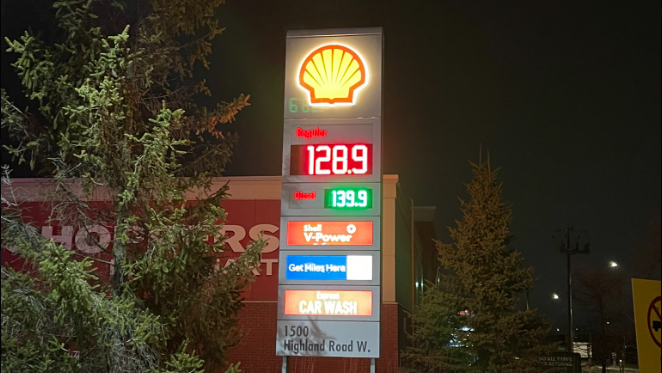Local paramedics seeing high turnover, burnout after more than a year without contract
Posted Jun 28, 2021 03:12:00 PM.
There are no negotiations scheduled between the Region of Waterloo and local paramedics, though that is expected to change imminently.
For almost the entire duration of the COVID-19 pandemic, local paramedics have been without a contract.
Talks so far have been slow and frustrating, according to CUPE 5191 President Luke McCann, an active paramedic himself. McCann said the region filed for mediation to bring the parties together, but from the union's perspective, there were no communication issues.
McCann claims the region has been notably unprepared for those talks when they do happen.
In March, paramedics and logistics support workers voted 97 per cent in favour of authorizing job action, should it come to that. That job action would involve a limited strike, bringing the region's services down to a 50 per cent capacity. Specialized services such as community paramedicine would halt.
It comes at a time of incredible stress and workload for those working in EMS services, with Waterloo Region's hospitals full of COVID-19 patients, even having to transfer some patients to London.
High stress, and not comparable compensation, are leading to high turnover, according to McCann.
“A lot of people start to leave, and we're seeing local paramedics, a trend from Region of Waterloo and they're leaving to go to other services where the compensation is better, the overall compensation and benefits are better,” he said, adding that those workers are often going to places like the GTA. McCann says anywhere from 25 to 26 workers have left for various reasons within the past year.
“It's traditionally been an understaffed paramedic service in comparison to other services in the province,” he said. “When you have that sort of streamlined, thin staffing levels, that equates to an increased workload to our members.”
The streamlined service was seeing call volumes beyond manageable levels before the pandemic, with both Code Reds (no ambulances available) and Code Yellows (less than three left on the roads) becoming the norm. There was a dip in calls for service at the beginning of the pandemic, but demand has returned to its full amount according to McCann. Some of the new demand includes those with post-vaccination symptoms, as well as issues that were left unresolved from a desire to avoid hospitals during COVID-19.
Another sticking point, according to the union, is the Region of Waterloo wants to eliminate “job share” positions. Those allow two members to work the equivalent of one full-time position.
“We don't quite understand why that's happening, or why that's on the table,” said McCann. “As a regional employee, that's something that's afforded to a lot of groups across the region. We work a high-demand, stressful job, 12-hour shifts … You see that primarily with the members who have young families, or they're trying to juggle that family and work life.”
Local paramedics and logistics workers represented by CUPE LOCAL 5191 have been without a contract since March 2020.
After requests, the Region of Waterloo did not provide a comment for the story.








